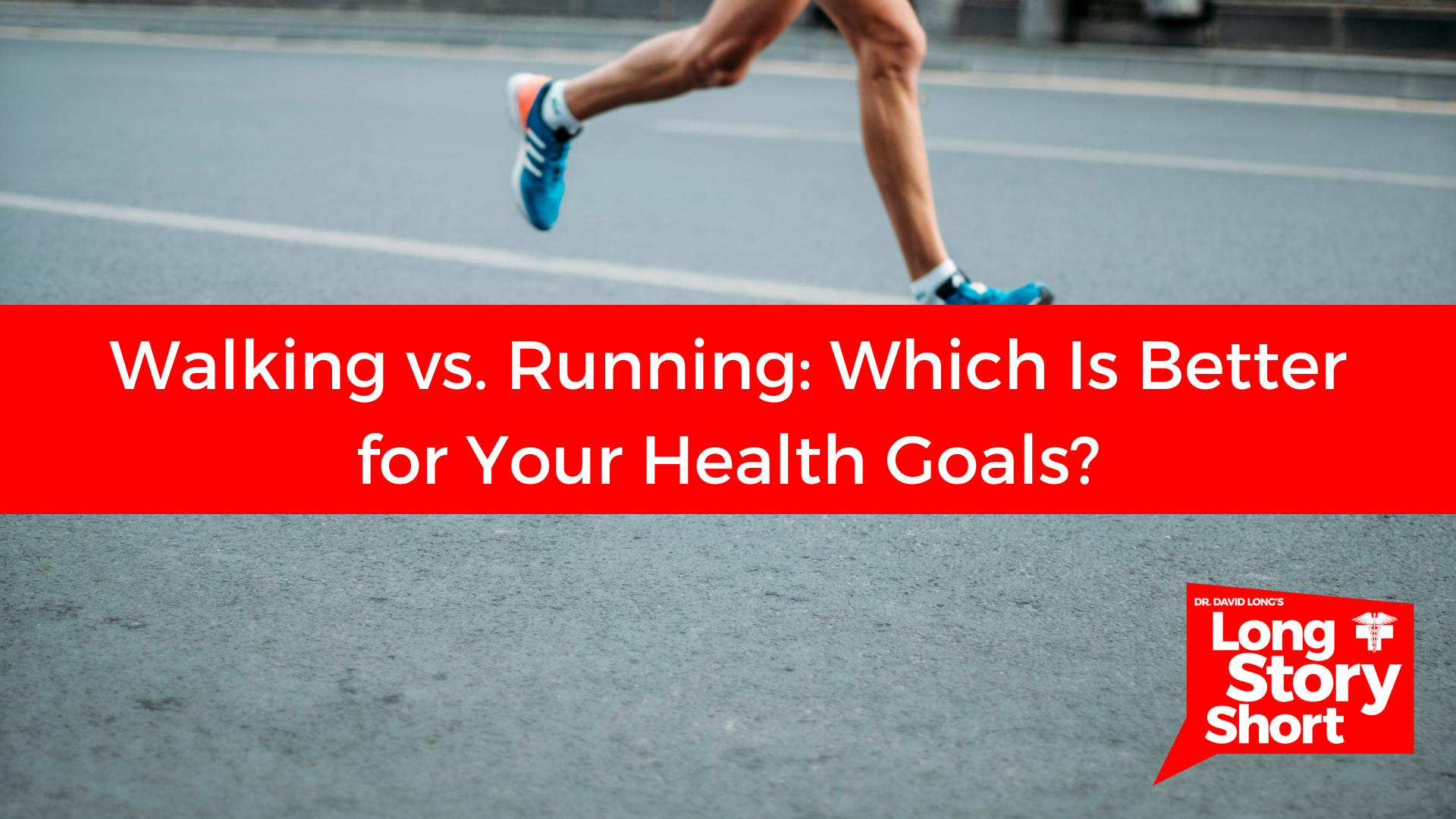Walking vs. Running: Which Is Better for Your Health Goals? 🚶♂️🏃♀️
When it comes to the age-old debate between walking and running, both camps have their ardent supporters. Health-conscious individuals and fitness enthusiasts often grapple with choosing the best exercise that aligns with their health goals, lifestyle, and physical capabilities. In this debate, we will unravel the key points of both walking and running to help you determine which may be the most beneficial for you.
Walking: The Gentle Path to Fitness
Walking is the quintessence of simplicity in motion and yet, an enduringly effective form of physical activity. Here’s why it might be the best choice for some:
- Accessibility and Low Impact: Walking is inherently a low-impact activity, making it kinder on the joints. Consequently, it becomes the go-to exercise for beginners, older adults or those with physical limitations.
- Convenience and Sustainability: Integrating walking into your daily regime is as easy as taking a stroll during lunch breaks or opting for the stairs. This convenience factor contributes to its sustainability over the long haul.
- Health Benefits: Regular walking, particularly at a brisk pace, can aid in managing weight and reducing the risk of chronic diseases such as heart ailments, stroke, and Type 2 diabetes.
- Mental Health: Walking also doubles as a therapeutic activity, helping to reduce stress and promote mental well-being thanks to the endorphins released during a peaceful walk.
Running: The Fast Lane to Peak Fitness
Running takes the intensity up a notch (or several) and with that, the potential benefits increase:
- Calorie Burning: If calorie burning efficiency is your aim, running wins hands down. It expedites weight loss and cardiovascular conditioning compared to walking.
- Time-Efficient Workouts: For those pressed for time, running offers a swift and potent workout, packing the same health benefits as walking into a shorter timeframe.
- Bone Density: High-impact exercises like running effectively improve bone density, which can protect against osteoporosis.
- Running High: The famed ‘runner’s high’ is not a myth—it’s a burst of euphoria that many runners experience due to the release of endorphins, surpassing that achieved by walking.
Weighing Your Options
The crux of the matter in choosing between walking and running is acknowledging your personal health goals, fitness level, and physical condition:
- If you are new to exercise, dealing with joint pain, or simply seeking a gentle, more manageable form of physical activity, walking is your ally.
- Conversely, if you are aiming for quicker weight loss, challenging cardiovascular workouts, and have no precluding health conditions, running might be your preferred route.
Potential Risks and Precautions
Despite their benefits, both activities carry certain risks:
- Walking: While safer, may not elevate heart rate sufficiently for significant endurance training unless intensity and duration are increased.
- Running: Increases the risk of injuries such as shin splints, IT band syndrome, and runner’s knee. A proper warm-up, cool-down, and gradual increase in intensity can mitigate these risks.
The Bottom Line
Whether you choose to walk or run, what truly matters is staying active and consistent. Both have substantial merits and can lead you toward a healthier life, albeit via different paths. Consider alternating between walking and running to reap the benefits of both and keep the exercise routine varied and enjoyable.
Listen to your body, consult with healthcare professionals if you have any health concerns, and most importantly, find joy in the movement. Whether it’s the peaceful stride of a walk or the exhilarating pace of a run, each step forward is a stride towards better health.




 and then
and then
Pingback: Which Is Better for Your Health: Walking or Running?